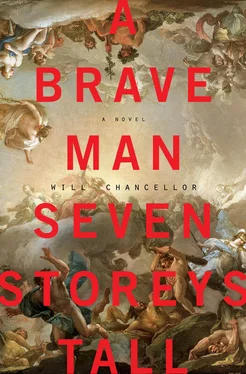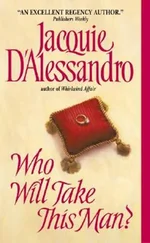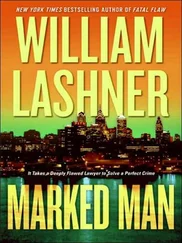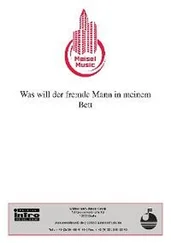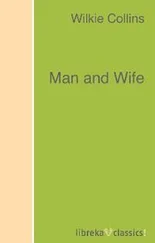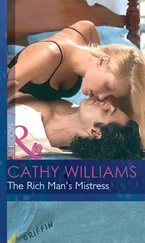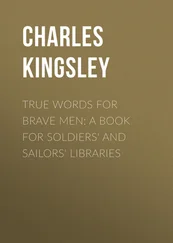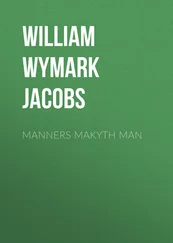
Ólafur was making lunch when he heard the dog bark. Then whimper. Then stop.
His first thought was that a vandal had spray-painted one of the white polyurethane hay bales. Then the bale moved. Then the bale stood. Ástríður broke for the house. Ólafur pulled open the door and sprinted straight for the charging bear.
Then all went white.

The first ride had taken Owen most of the way to Akureyri. But no one was picking up a backpacker his size until they could get a good look at him. So he walked in a horse trail at the roadside for three hours as cars occasionally blew by. Eventually someone stopped without him asking. Owen assumed this would mean a longer ride than the twenty miles it turned into. After three more rides from three rural men who told him of trolls and elves, Owen could finally see the harbor at Akureyri.
The farmer he was riding with pointed to a cruise ship drifting down the fjord thousands of feet below. Isaak’s description of an inverted bowl had so far held. Bright green ice-patched mountains plunged from the smoky heights into the grey sea. The nearest analogy he had was an ice-capped Hawaiian island.
He looked at his map. The Tröllaskagi Peninsula uncannily resembled a hedge maze. The grooves and ridges could pass for the impression of a molar. He dug his tongue into his bottom teeth. Given the fifty miles of visibility, this was one of the only landscapes where he could be out in the open, even wearing chicken yellow, and avoid detection.
— I bet you can see fifty miles on a clear day.
— Depends on your eyes. That’s about the only limitation. Clear air and no trees. I’m not sure what it is in miles, but you can easily see a hundred kilometers in the highlands from horseback. Of course when the fog rolls in, you won’t be able to see your hand in front of your face.
— Are you stopping in Akureyri?
— I’m pushing on to Reykjavik.
— Do you think you could let me off on this road just west of town?
— Good hiking up there. You’ll want to get a trail map in Dalvík. And when you’re there, find the grave of Johann the Giant. He was nearly two and a half meters. What are you, two?
— That’s about right.
Owen thanked him and shouldered his pack. He started down the road to Dalvík but veered into the mountains at the first river valley.
Owen tramped around the dales for two weeks in freezing drizzle before he learned to pitch a tarp sturdy enough to make it through the night. The day he acquired this skill, he found a rock shelter in the side of a mountain a thousand feet above human habitation with a cold stream fed by a melting ice cap. His diet was still expired energy bars. The only dietary supplement he found in any of the valleys that he trekked was a seemingly endless field of crowberries. The big ones were delicious and helped lessen the torpor that followed eating a protein brick. His stomach wouldn’t last more than a few weeks if he didn’t find something else to eat. Even though he knew he needed to move, he was pleased enough with his shelter to settle in.
He pitched his tarp to extend the overhang and then camouflaged the iceberg blue with clumps of moss. Sheep tracks, his only reliable way of making it through the overgrown rock without breaking an ankle in a hidden hole, extended all the way to the rear of the cave. Two immovable slags of rock blocked the mouth of the cave. Crawling was the only way to enter the shelter; it was no more than four feet high at any point, and barely deep enough for him to fit his pack. On the rear wall he mounted his imaginary stereo system to listen to the albums in the empty jewel cases.
Free of his possessions, Owen was able to wander the whole of Tröllaskagi with his trekking pole and a water bottle. In less than a month he had explored all the valleys he could find a way to access. And at the end of each day’s ramble, he returned to his cave.

Burr thought back to the Zebulon , the diving well, and Zuma. He was fairly certain Owen would be camping, but at some deep level Owen associated boats with freedom, and he might be working on a fishing vessel — or at least that was the best Burr had. The list of fishing villages was long but manageable, with a month of driving. Fortunately, there were no harbors in the south. He couldn’t see Owen in the agricultural south, so for now he was willing to write off half the country. Burr drew stars over the towns that best fit Owen’s inclinations and needs: Breiðavík in the remote Westfjords, and Raufarhöfn in the far northeast. But there was a fair deal of guesswork involved. Owen had been wandering around Iceland since, what, July? Stevie put him on a boat in mid-June. It couldn’t have taken more than a week to get to Iceland from the Netherlands by sea. That meant Owen had been stamping around somewhere for two months. In a country this small, someone had to know how to find him. But, as Burr soon discovered, there was no one place to talk to people. What appeared to be towns on his map turned out to be surnames of individual farmers.
Burr had enough boil-in-bag meals in the car to last him three months. Which was a break, because food was expensive and his remaining funds would have to go for gas. He told himself that bars and coffeehouses were the best bet for finding Owen and not mere rubble of his old life, which he combed only because it was familiar. Bars were a good place to start. That was an undeniable fact. Cold and hot beverages thusly justified, he now faced the problem of finding a single bar or café outside of a tourist area.
The Snaefellsnes Peninsula jutted out like a forearm with a balled-up fist to the North Atlantic. Burr drove through a cold rain that he was thankful he wasn’t hiking in. His first stop was Stykkishólmur. He asked the man in the gas station — cum — restaurant if he had heard anything about a one-eyed American giant working on the fishing boats. The Icelandic laugh, he was quickly learning, could easily be mistaken for derision. He produced a photograph of Owen from the Basel show. This laugh was even shorter and harsher.
— You need to get some sleep, my friend. There is a guesthouse just up the road.
Finding Owen was going to be a lesson in mortification. He was going to have to make a fool of himself to a far larger and far more hardened audience than the one he shocked in Athens. One by one every Icelander would have the chance to snort and shake his head. He thanked the man and located the guesthouse on his map.
He turned on the car radio and tuned in a station. A pop song ended and a man came on with a hungover morning growl who sounded like he was reading the newspaper on-air. Whatever this deejay’s name was in Icelandic, Burr was positive the translation had to be The Wolfman.
The Escort pulled into the drive. He killed the engine and looked around for a front door or a trace of habitation. Nothing. He walked around the back and found a door. He knocked and rang. Nothing. As he walked back to his car he saw a woman walking across the dirt road from the dale. She wiped her hands and greeted him.
— May I help you? Did you make a booking online? Because I didn’t see anyone in the register.
— I’m sorry if I’m interrupting something. To be honest, I’m here on peculiar business. You see, I’m looking for my son.
— Your son? Is he a backpacker?
— Yes. Well, in a way. He doesn’t have much experience camping.
— This is not a big hiking region. Have you tried Thórsmörk?
Читать дальше
